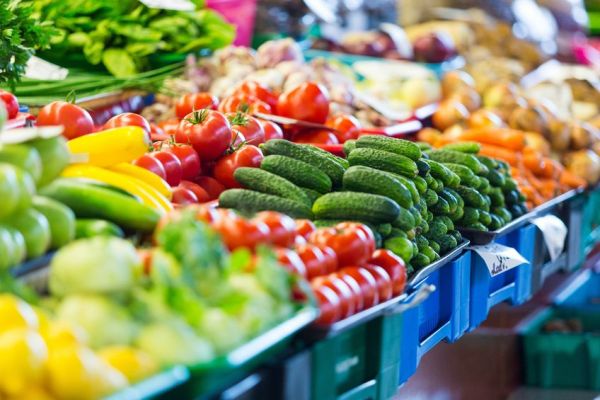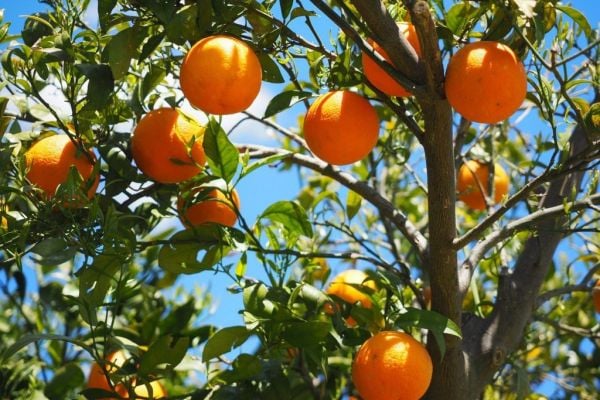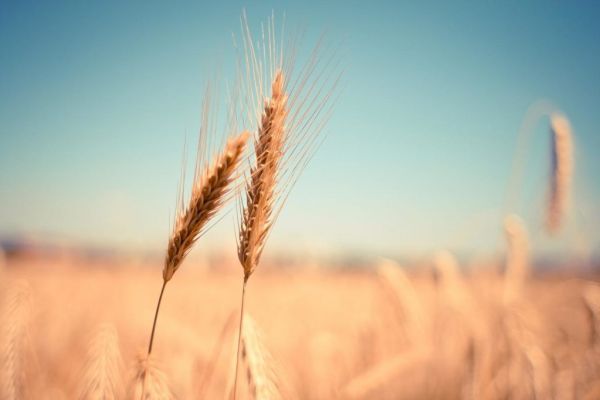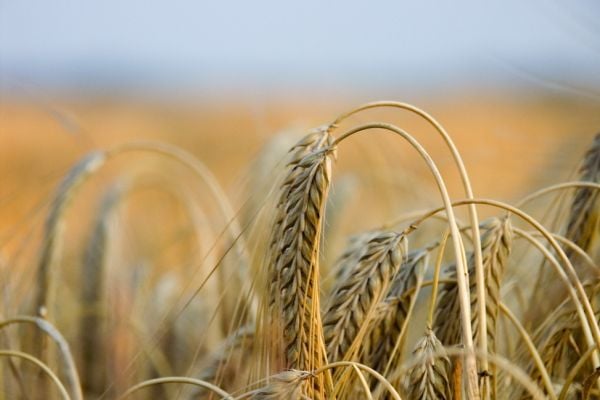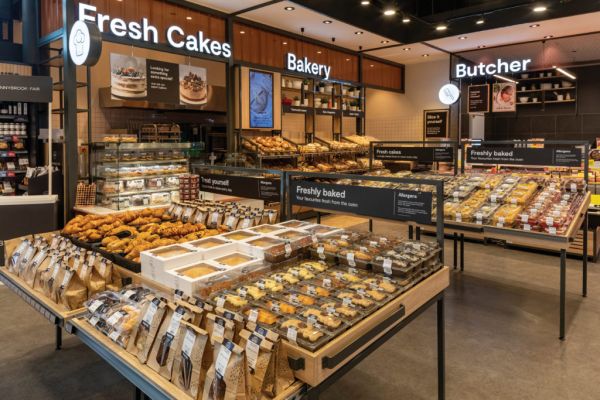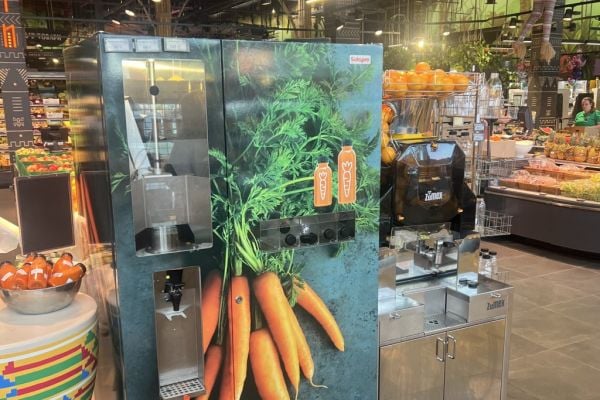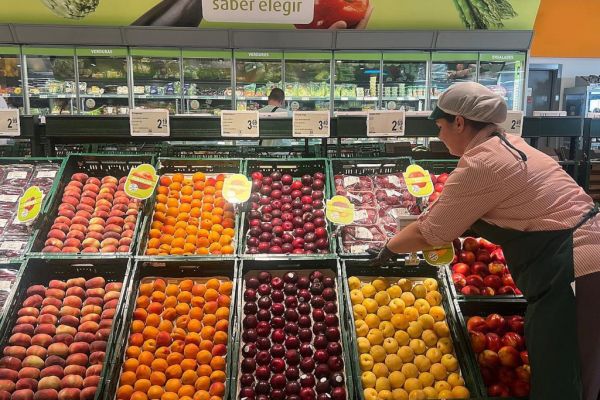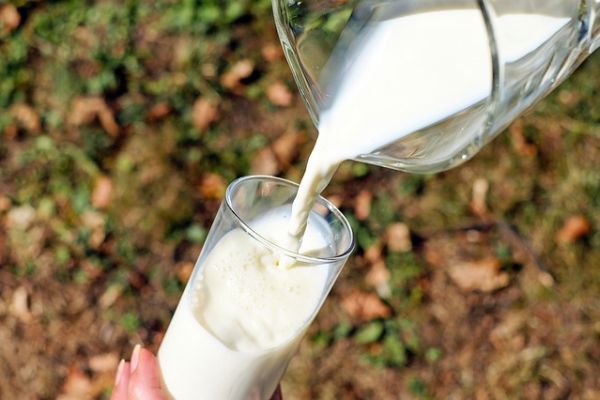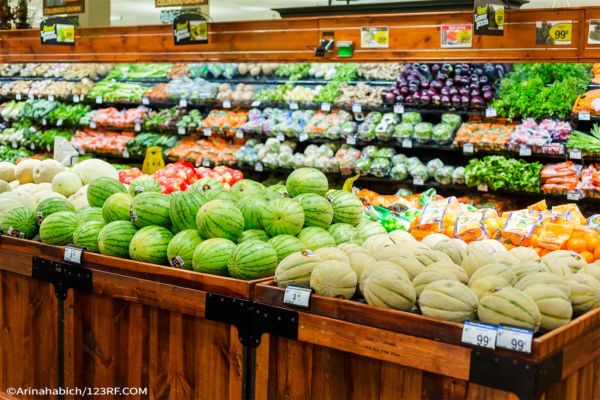The fresh produce sector is expected to incur extra costs amounting to €55 million as EU exporters struggle to adapt to new practices and requirements after Brexit, Freshfel Europe has said.
Exporters are already facing additional costs of approximately €400 per truck due to new operational procedures, inspections and bureaucracy.
This cost differs depending on the type of products, with mixed consignments impacted most by additional bureaucracy, reaching up to €500 per truck, Freshfel Europe added.
Currently, the EU-UK Trade and Cooperation Agreement allows exporters to continue trade across the Channel without duties or quotas.
The staged introduction of UK controls is also helping the sector to adapt to new border customs and phytosanitary checks, Freshfel Europe added.
Full Impact
The full impact of Brexit is yet to be seen as the entire flow of business operations has not commenced yet.
SPS certifications and controls are likely to be introduced in April and July of this year, which will add further burden and costs on EU exporters.
Most EU fresh fruit and vegetables will require a phytosanitary certificate to enter the UK from April.
Some Member States’ administrations will take up to 48 hours to issue these certificates as progress in electronic transmission possibilities remains slow.
EU exporters are now required to provide certificates of conformity for marketing standards whose expedition takes up to 36 hours, although these are not requested by UK authorities upon import.
Freshfel Europe general delegate Philippe Binard said, “While the situation at the border is currently stable, the flow of trade is expected to suffer significantly from the introduction of SPS controls in the coming months, impacting the ability to conduct ‘just in time’ operations.”
More Measures
Freshfel Europe also emphasised that the EU and the UK must continue to work together to agree on more measures to facilitate trade.
These include, among others, the creation of Green Lanes for fast-track access of perishables and swift establishment of electronic transmission channels for phytosanitary and other certification.
Freshfel Europe director for trade, Natalia Santos, said, “The EU and the Member States must also step up efforts to streamline administrative processes for obtaining certificates and increase flexibility in export operations, for example by waiving the requirement for a certificate of conformity for marketing standards.”
The trade body also highlighted the importance of more transparency from the UK on updated import requirements, related legislation, and certifications, such as phytosanitary certificate templates and pre-notification procedures.
The fresh produce sector also needs more certainty about the UK’s capacity to conduct physical controls in July, both at the UK border and at inland sites, to avoid more delays and costs for the chain, Freshfel Europe added.
The EU27 exports over 3.2 million tonnes of fresh fruit and vegetables to the UK annually, meeting 40% of the country's internal demand.
© 2020 European Supermarket Magazine – your source for the latest retail news. Article by Dayeeta Das. Click subscribe to sign up to ESM: European Supermarket Magazine.
